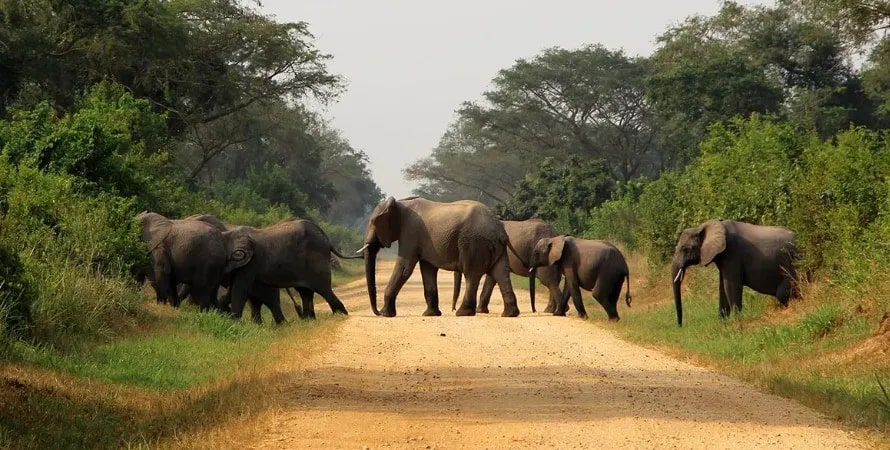
Travel Information
Essential information for your East African safari adventure
Climate
Uganda, known as the pearl of Africa, boasts beautiful weather year-round, with average temperatures ranging from 21°C to 31°C. The country experiences two rainy seasons, from March to May and October to November. Temperatures in mountainous areas may drop to 10°C in certain months. Fortunately, national parks, lodges, and other facilities are open year-round, making any time of the year suitable for visiting Uganda.
Health & Medical
Please bring all personal medications required, as clients are fully responsible for securing adequate medical insurance. It is highly recommended that clients cover their travel insurance to protect themselves from heavy medical costs. We use AMREF Flying Doctors, offering evacuation cover, aimed at providing air evacuation services for members with serious medical conditions. Malaria is a serious and sometimes fatal disease transmitted by mosquitoes; precautions are essential, including avoiding mosquito bites, using insect repellents, and sleeping under a mosquito net when necessary. Consult your doctor for suitable anti-malarial tablets.
Photography
It is only polite to ask people before taking photographs, but note that photographs of military buildings or soldiers are not allowed.
Safari Equipment & Gadgets
Handy devices and gadgets needed on safari include: Camera, Charger, Extra batteries, Memory card, Binoculars. A 3-pin UK-style adapter or a convertible adapter will be useful for charging.
Currency
The currency in Uganda is the Uganda Shilling. US dollars, GB pounds, and euros are readily exchangeable. Large US dollar bills attract the best exchange rates.
Clothing
Cotton clothing, augmented by a cardigan or jacket, should be adequate during your stay in Uganda. In mountainous areas, waterproof jackets, walking boots, and heavy sweaters will be essential.
Accommodation
Electricity and piped water supply may not always be available, but clients will always find a hot shower waiting for them after a day's activity. Food includes fresh produce and a variety of tropical fruits.
Gorilla Tracking
Gorilla tracking is a tiring activity, requiring physical fitness. Uganda Wildlife Authority ranger guides will lead the group, and porters are available to carry personal belongings at a small fee. The minimum trekking age is 15 years.
Gorilla Trekking Information
Approximately 800 mountain gorillas exist globally in the wild today, found in Rwanda, DRC, and Uganda. They are known as highland gorillas.
Basic Rules
- Always wash your hands before visiting the gorillas.
- A maximum of eight visitors may visit a group of habituated mountain gorillas in a day.
- Follow the guides to the gorillas' location, and keep your voices low.
- Look out for gorilla nesting sites along the way.
- Keep a safe distance and avoid leaving rubbish in the park.
- Wear proper hiking attire, including long sleeves and sturdy boots.
- Minimum age for gorilla trekking is 15 years old.
With the Gorillas
- Keep your voice low and ask questions quietly.
- Stay in a tight group and maintain a 7-meter distance from the gorillas.
- Avoid eating or drinking near the gorillas.
- If a gorilla charges, crouch down slowly and avoid eye contact.
- Do not touch the gorillas or use flash photography.
- Move slowly and Socially when taking pictures.
Health Guidelines
- Mountain gorillas share 98% of our DNA and are susceptible to human diseases.
- If you are feeling ill or have a contagious disease, please stay behind.
- Cover your nose and mouth when coughing or sneezing near the gorillas.
- Respect the time limit imposed on visits to minimize disease transmission and stress.
Conservation Contribution
By following the rules and purchasing a permit, you contribute to the conservation of the mountain gorilla. A percentage of funds raised from park entrance fees supports local communities and natural resource management.
Important Reminder
Any breach of these rules may lead to the termination of tracking without a refund.